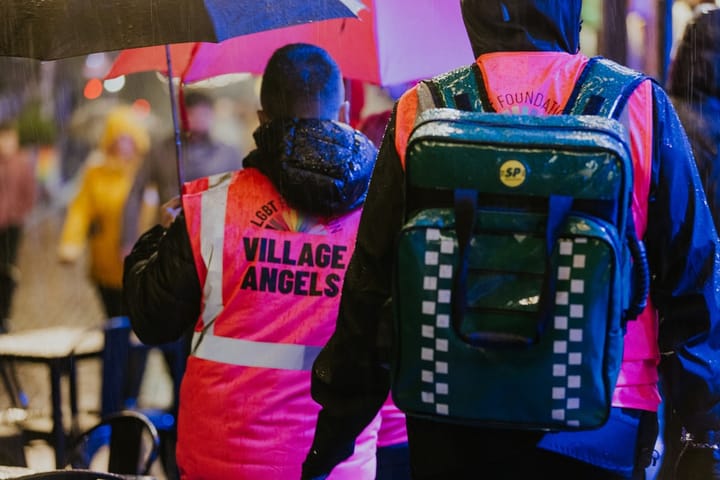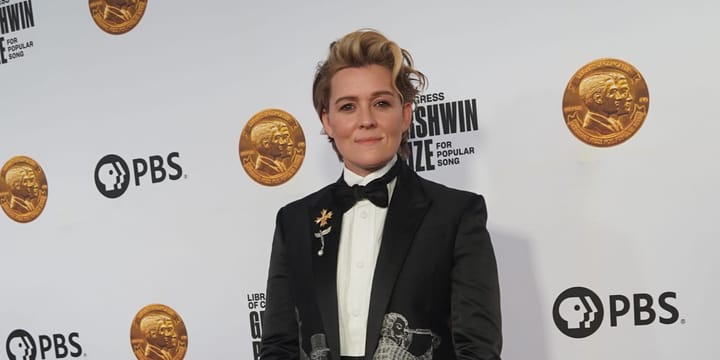Olympics preparing to introduce sweeping ban on trans women and athletes with DSD

The International Olympic Committee (IOC) is reportedly preparing to introduce a sweeping ban on trans women and athletes with differences of sex development (DSD) from competing in female categories at future Games. The move, expected to be announced ahead of the Milan-Cortina 2026 Winter Olympics, has sparked outrage among equality advocates and human rights groups.
According to reports in The Times, the IOC’s new policy follows a scientific review claiming that “permanent physical advantages” remain for those assigned male at birth, even after hormone therapy. Under the proposed rules, transgender women and athletes like Algerian boxer Imane Khelif - whose eligibility was questioned during Paris 2024 - would be excluded from women’s events entirely.
IOC President Kirsty Coventry has framed the decision as necessary to “protect the female category,” citing fairness as the primary concern. However, critics argue that the policy is discriminatory and ignores the complexity of sex and gender. Campaigners stress that trans athletes and those with DSD are not the same, and conflating the two perpetuates harmful myths. Medical experts note that conditions such as Swyer syndrome or other DSD variations do not make someone “male,” and many affected athletes have lived their entire lives as women.
LGBTQ+ organisations have condemned the IOC’s stance, warning it could set a dangerous precedent for global sport. “This is not about fairness - it’s about exclusion,” said one advocacy group. “Trans women and intersex athletes have been competing for years without evidence of domination. Blanket bans erase identities and deny opportunities.”
The policy shift comes amid growing legal challenges to similar bans in national sports federations. Observers predict the IOC could face significant pushback, including potential human rights litigation, if the rules are enforced.





Comments ()